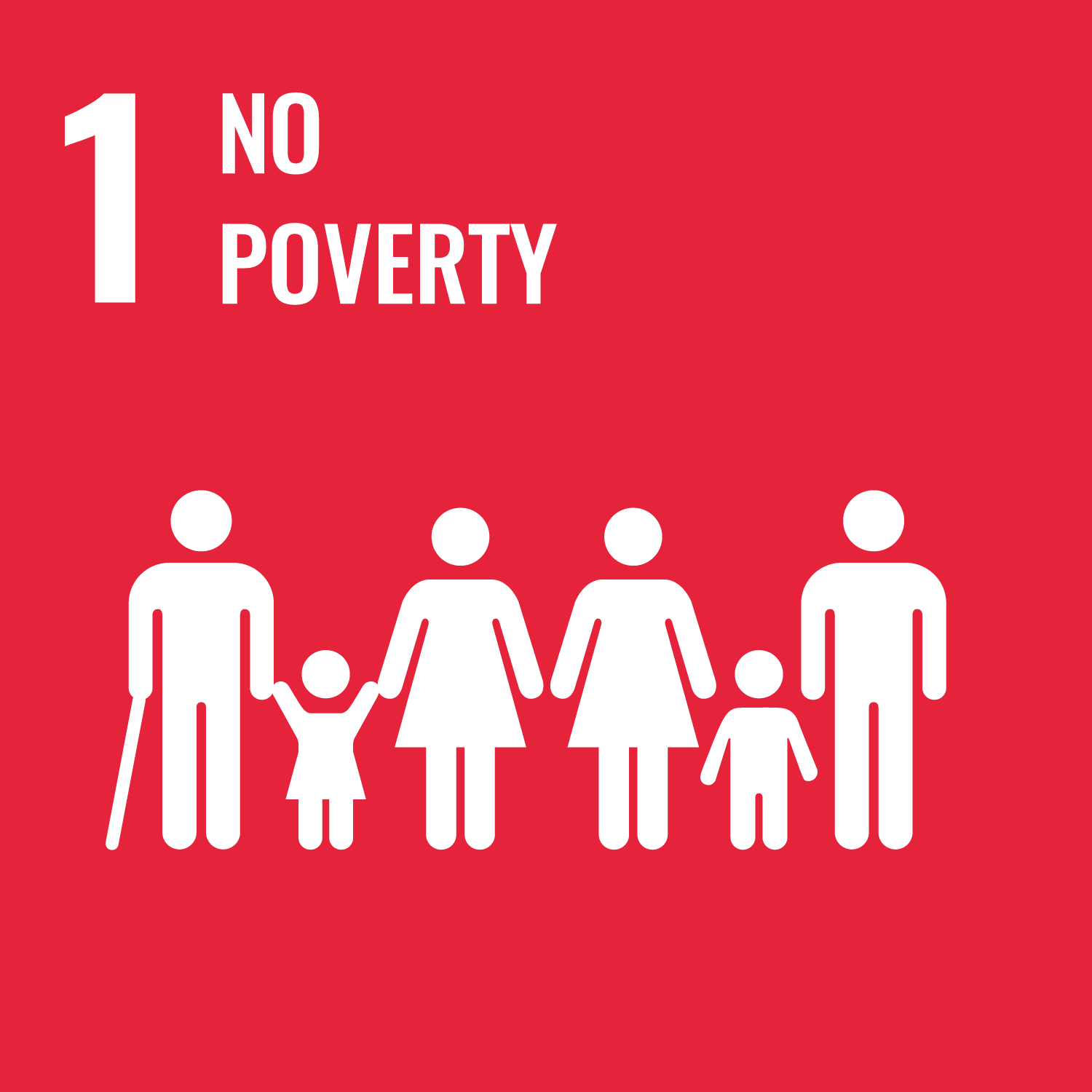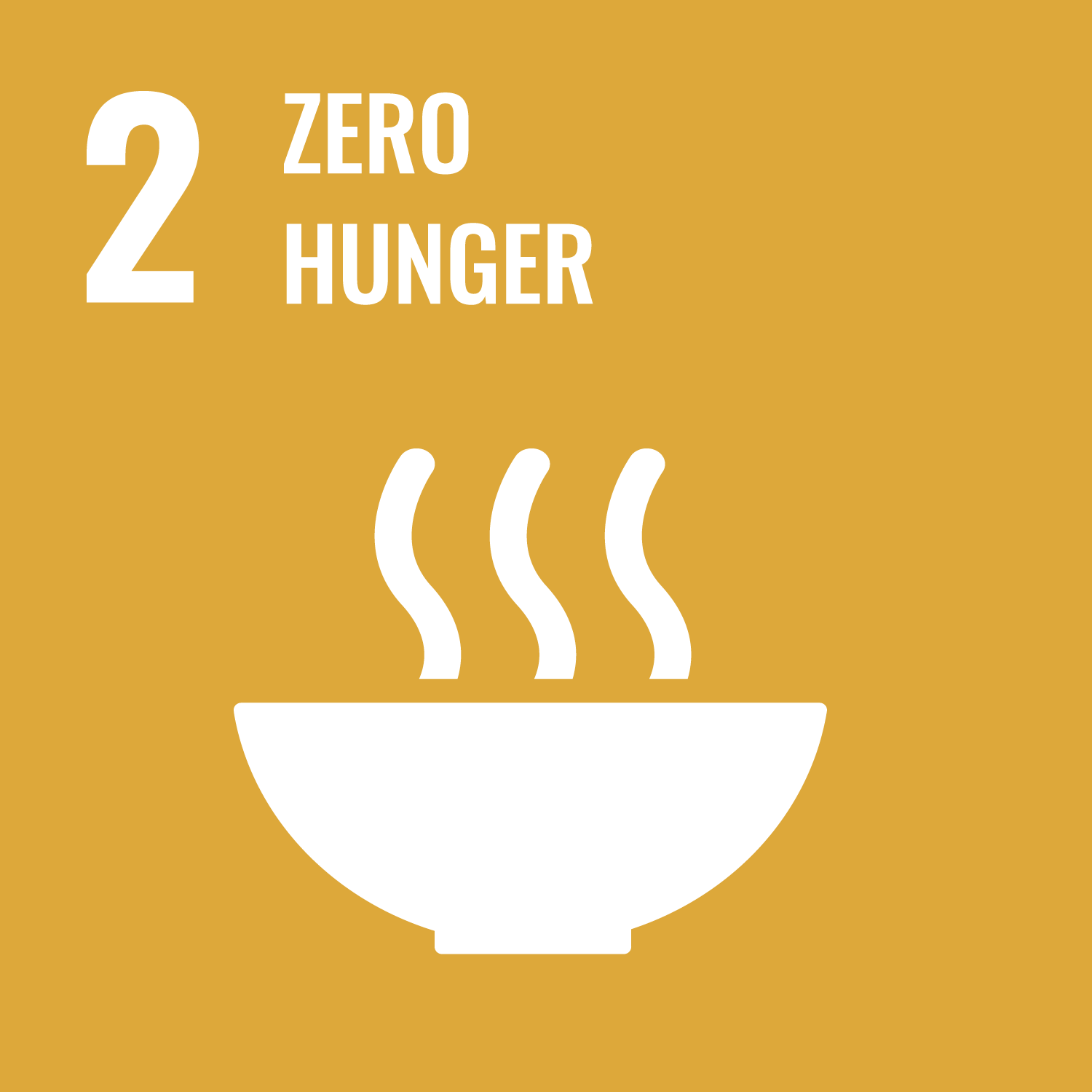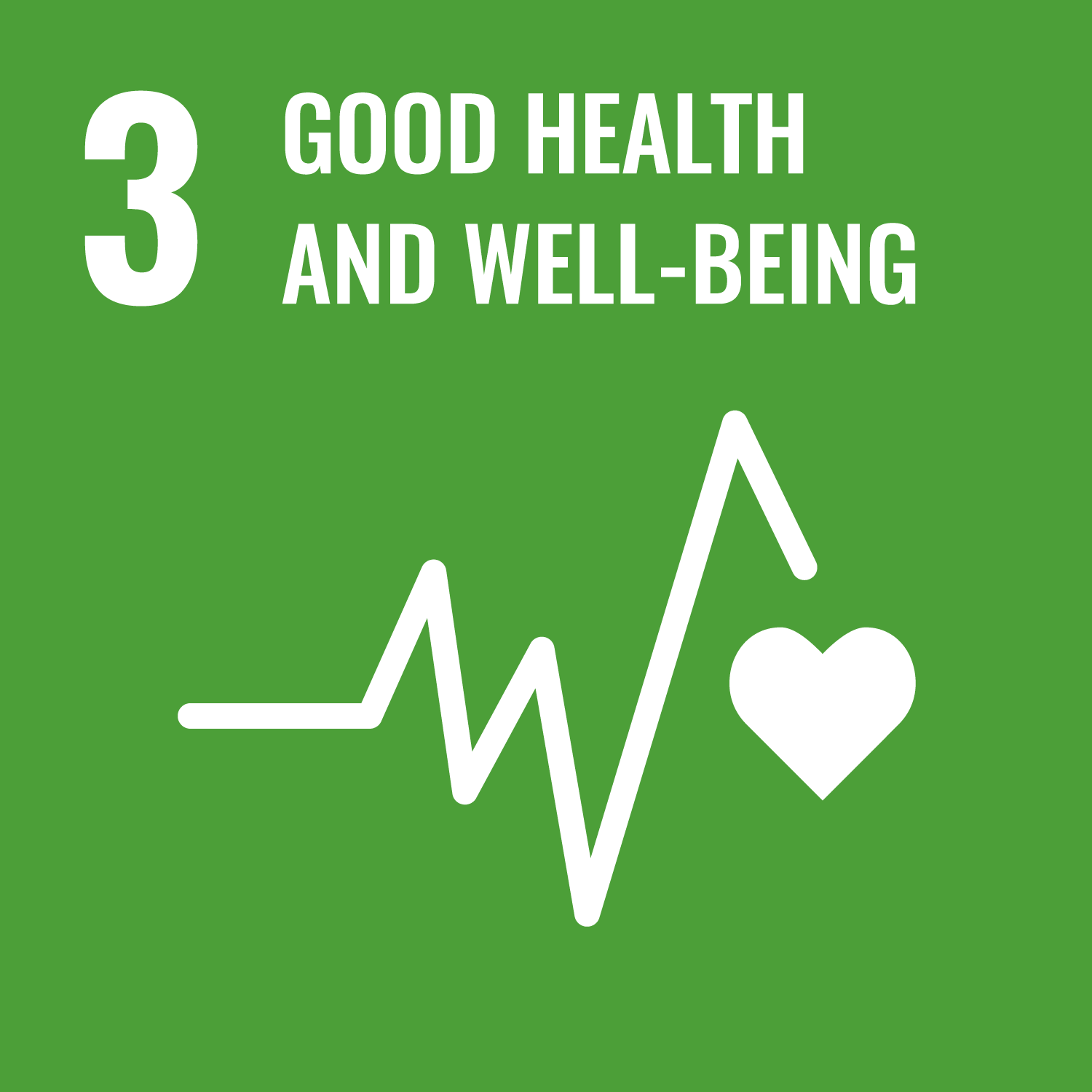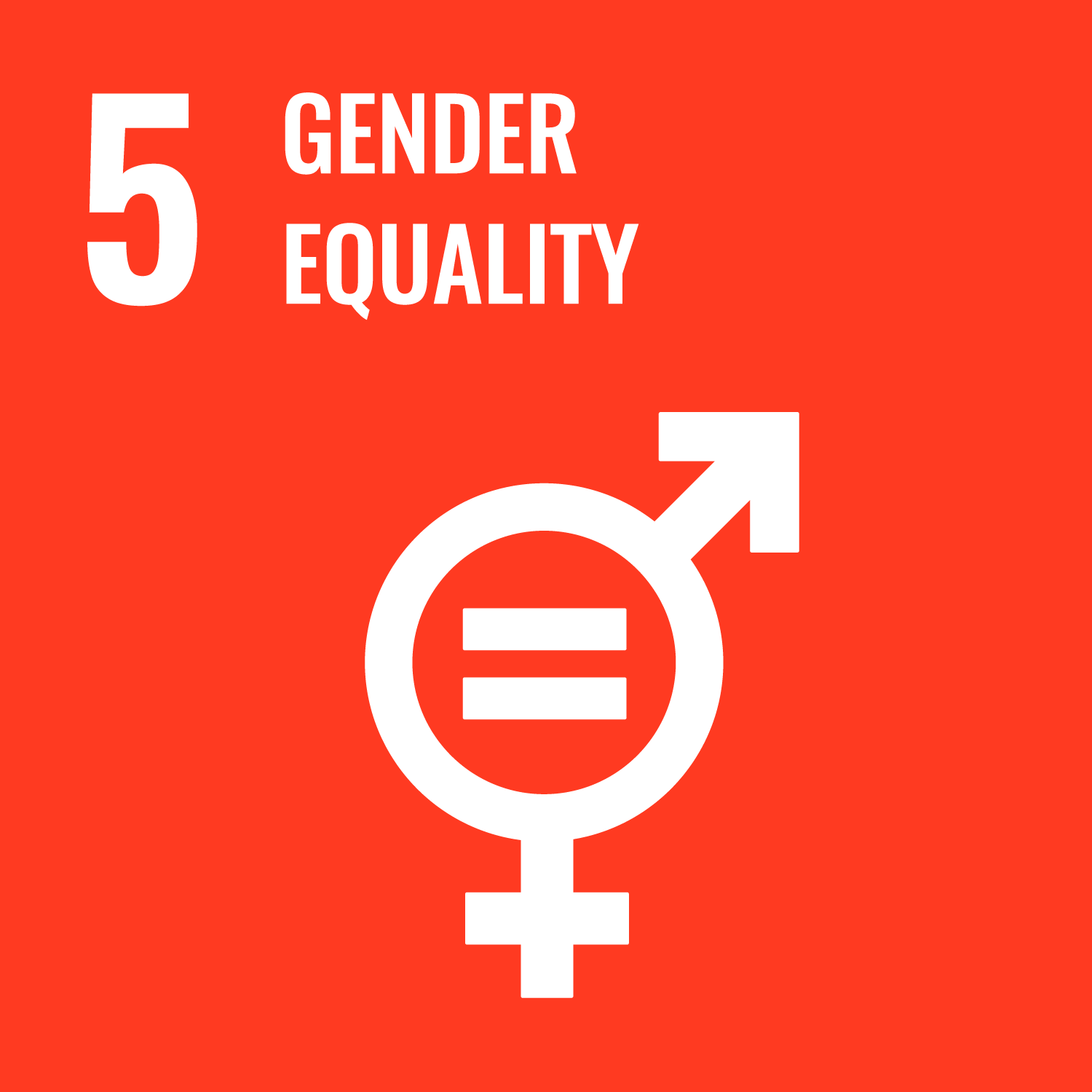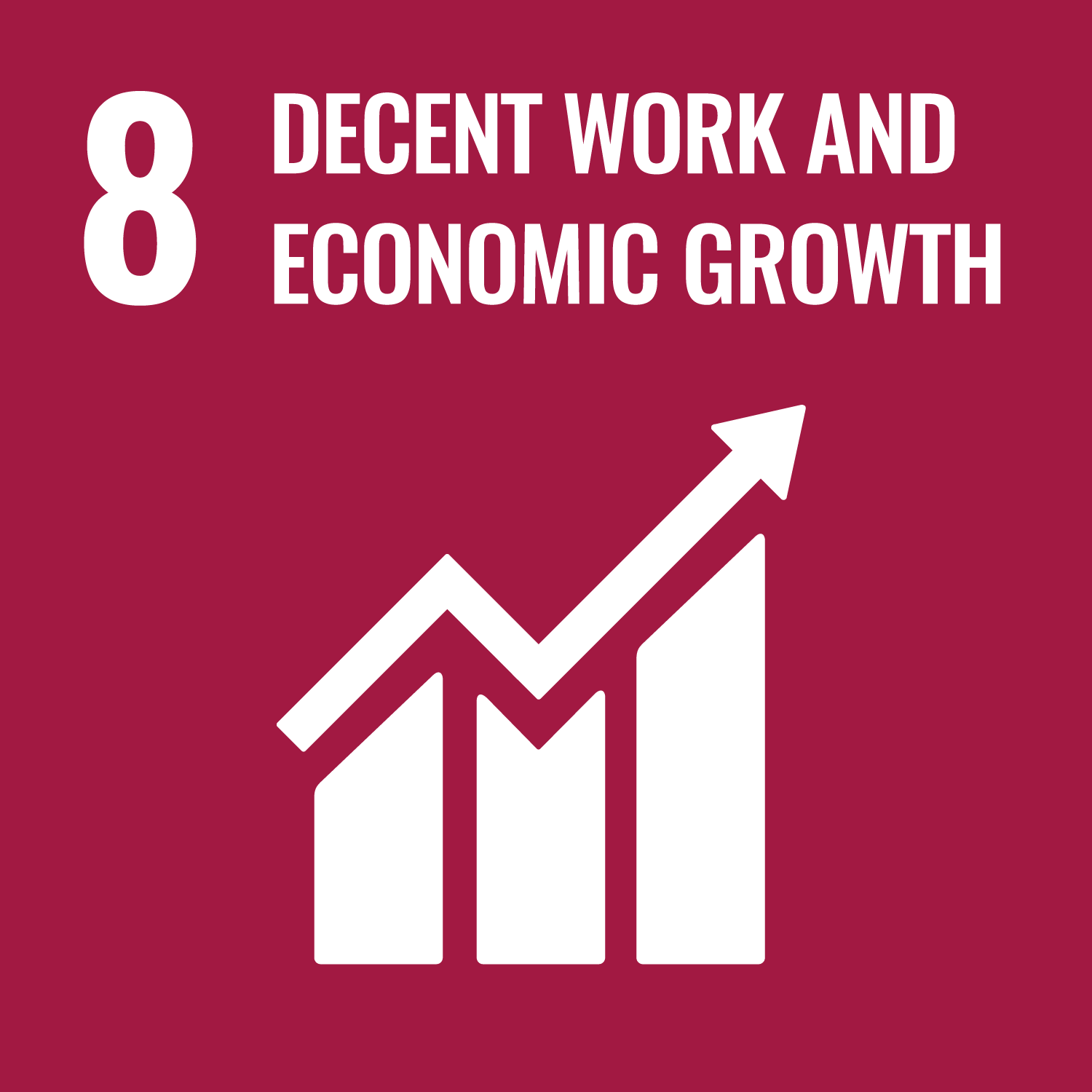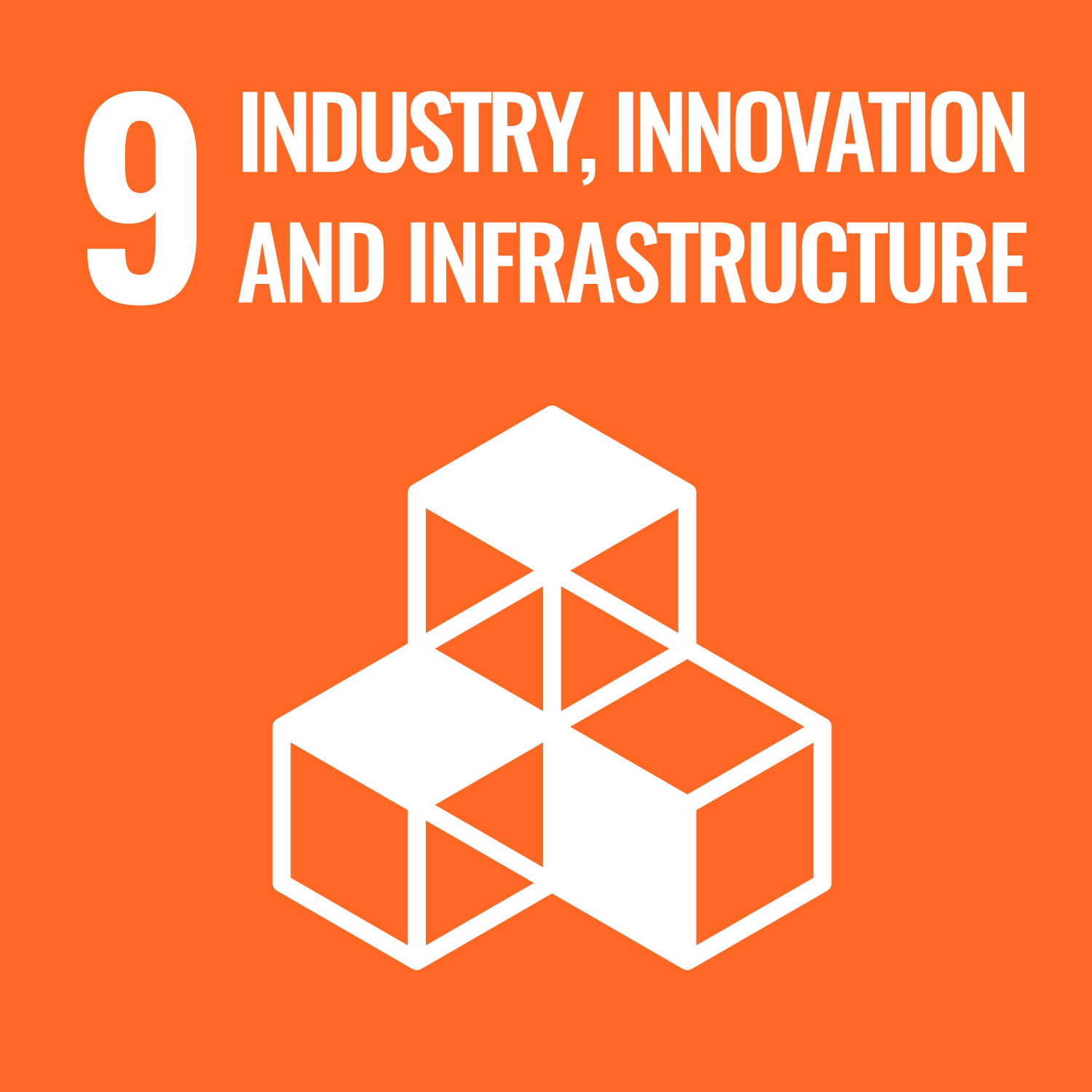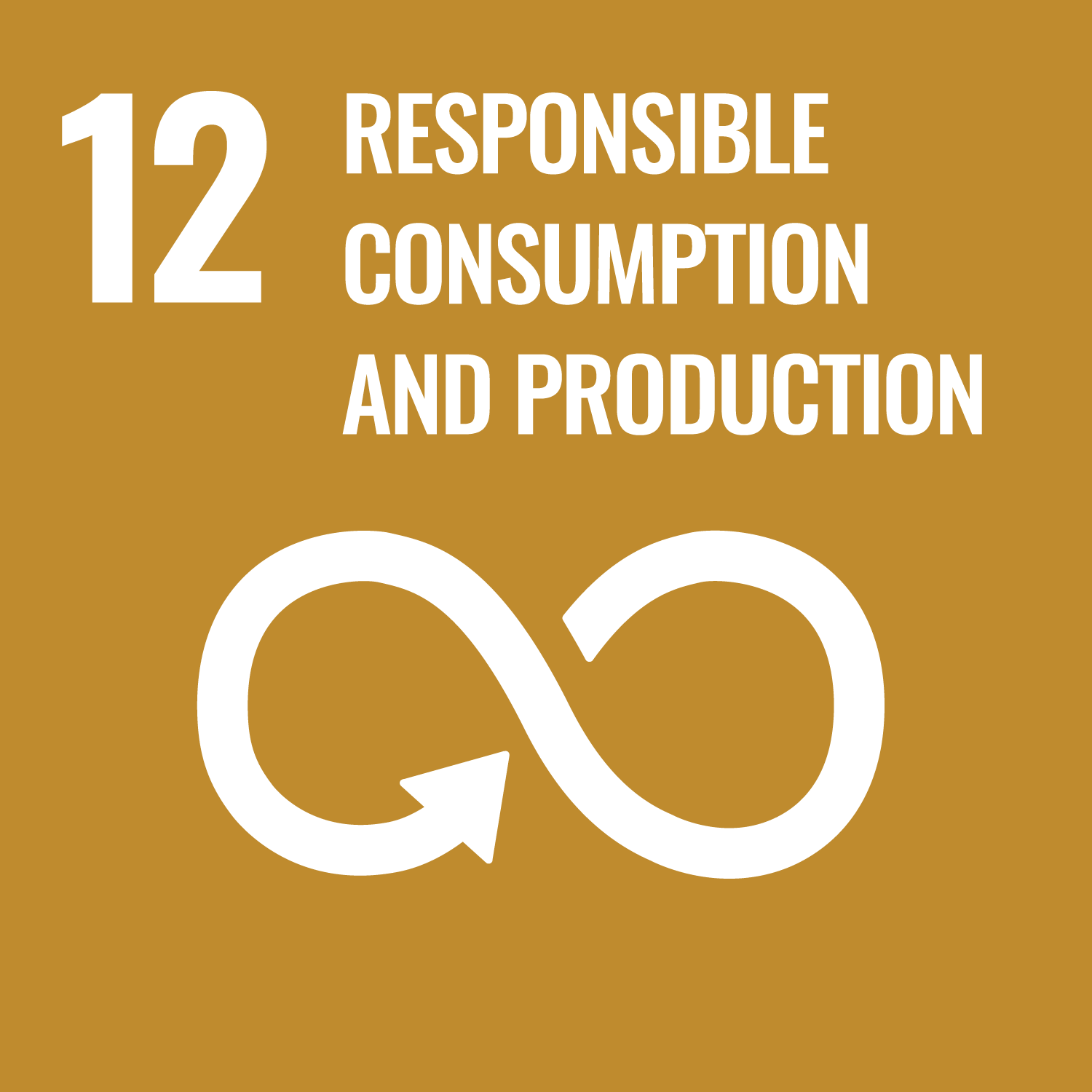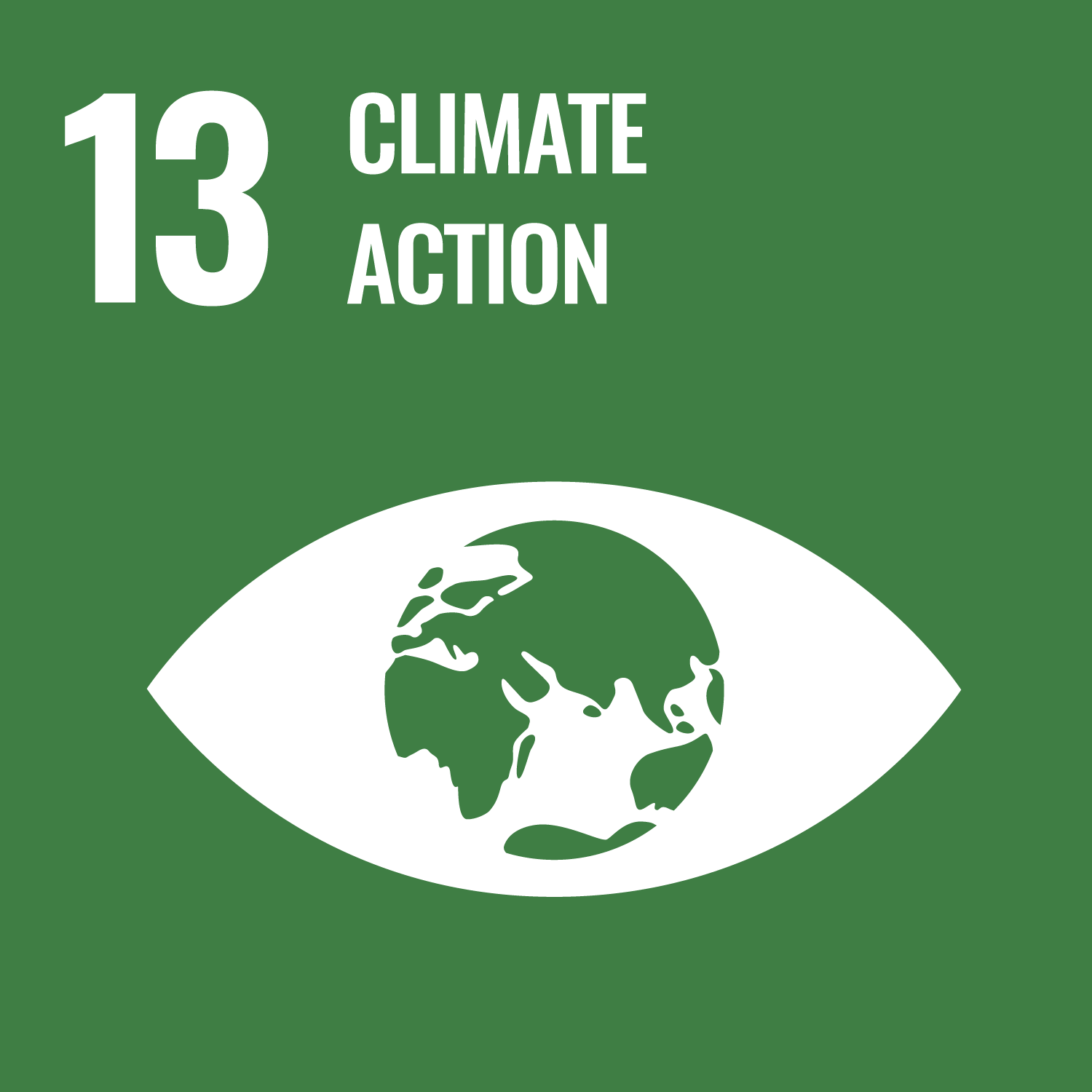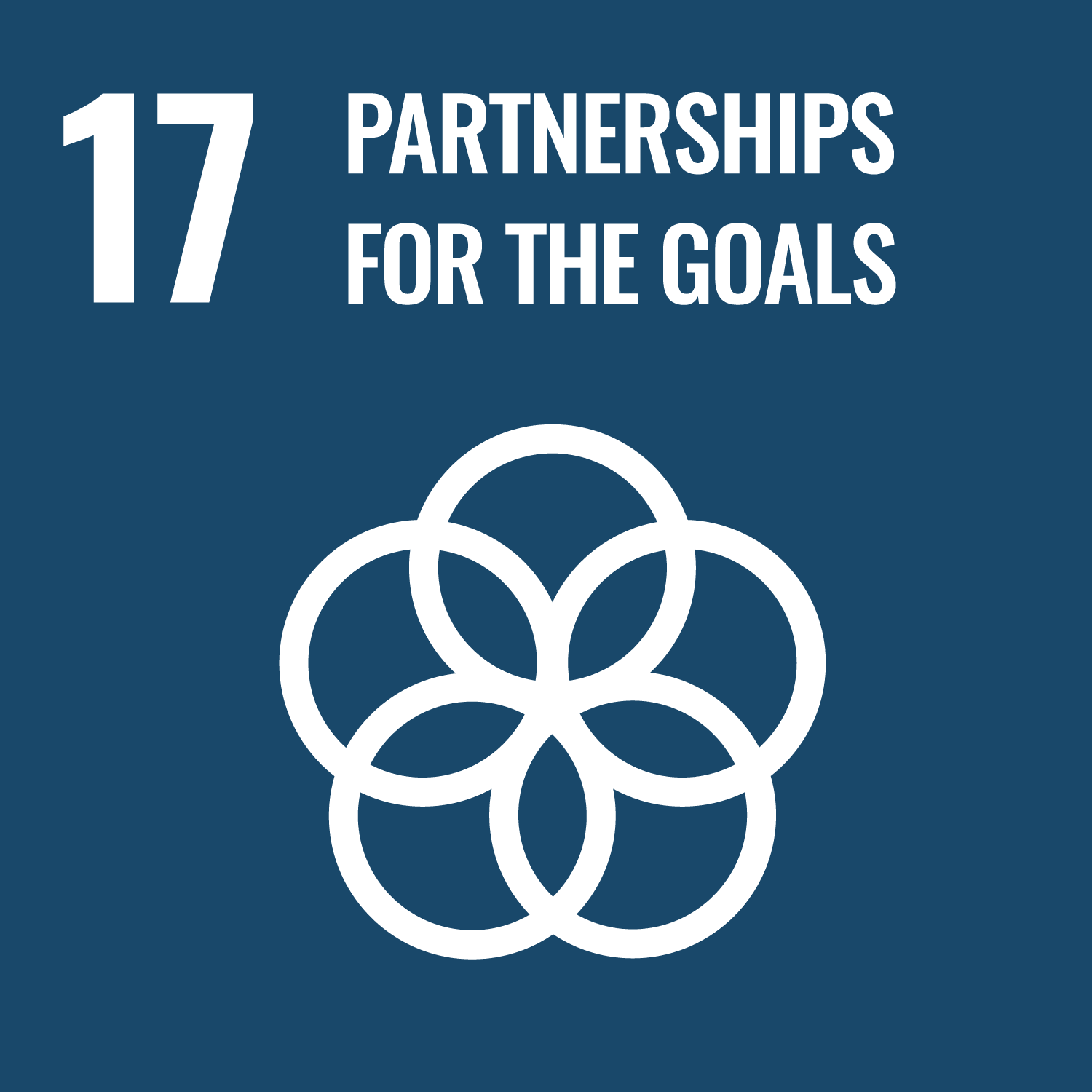

2022-2025
Negative impacts of the pandemic on blue food systems and value chains linked in particular to the development of aquaculture result in decrease in national production and export of farmed products. This, in turn, affects job creation, food security and the empowerment of youth and women in this sector.
The Near East and North Africa (NENA) sub-region is striving considerably to build back and support recovery efforts. It remains an arid sub-region for natural resources and this, combined with factors such as high population growth, urbanization and decrease in land productivity, the degradation of natural resources, constitutes a threat to countries in that sub-region and their food systems. In addition, unemployment, particularly for women of all ages and young people, represents a critical issue. Water scarcity, small-scale agriculture, food waste, building resilience for food security and nutrition, fisheries and aquaculture all constitute national priorities that this project will contribute significantly to.
Transforming aquaculture to eradicate poverty and hunger
The project aims at contributing to the transformation of the aquaculture sector in Egypt, Jordan, Kingdom of Saudi Arabia and Tunisia, building upon their cooperation within the GFCM on matters related to aquaculture and exploiting the technical knowledge of the GFCM, thereby prompting an improvement in food security, equity and resilient livelihoods through innovation, nature-based solutions and the reduction of food waste. The strategy for achieving these objectives will be to tailor the FAO Blue Transformation policy to the aquaculture sector of the four countries, in close collaboration with the relevant stakeholders in each country, including national and local authorities, aquaculture producers and research institutions.
FAO “4 Betters” Strategic Framework
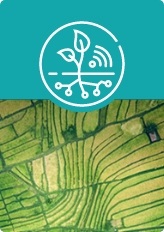
Better Production

Better Nutrition
Sustainable Development Goals
